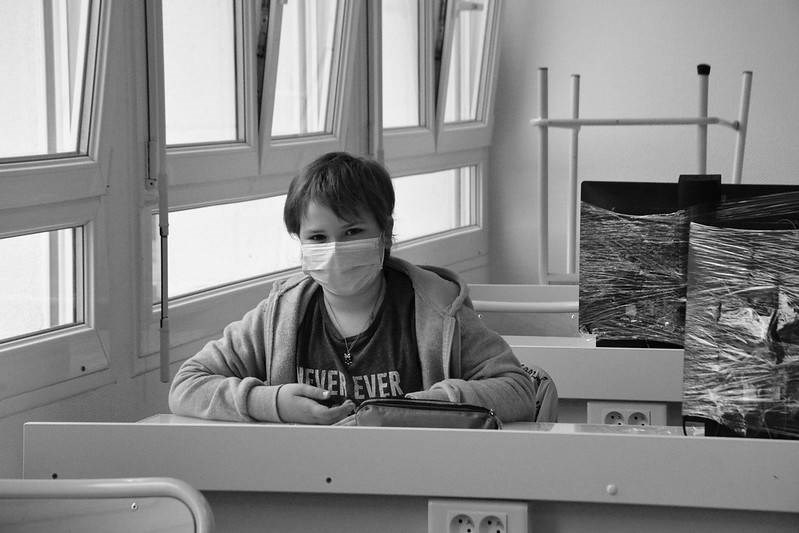Students living in homeless shelters in Brooklyn and across the city need WiFi to ensure equal access to education, advocates say.
The Legal Aid Society is demanding the city installs WiFi in shelters after it came to light a number of students living in homeless shelters were having difficulties with online learning due to dodgy internet connections on city-supplied tablets.
In a Oct. 8 letter to the Department of Education and Department of Homeless Services, the society and Coalition for the Homeless said the DOE was in violation of its constitutional obligation to provide a "sound basic education," and was failing its stated mission of providing a "rigorous, inspiring, and nurturing learning experience" to "every single child."
Instead, it was providing them with no education at all, the letter said.
The DOE attempted to fix the issue by supplying affected students with new tablets that had a different internet provider. But the society said that was insufficient, as some shelters were located in signal dead zones and couldn't be reached by any provider.
What was needed was for the city to immediately open broadband-based WiFi networks to ensure disenfranchised families had reliable access to the internet, the society said.
The affected shelters include Brooklyn's Albermarle Family Residence, Flushing Avenue and Flatlands Family Residence, and Regent Family Residence, Freeman Shelter and Children's Rescue Fund House East, the society said in a press release Oct. 20.
Giselle Routhier, Policy Director at Coalition for the Homeless, said the city's failure to create and implement a plan providing reliable internet access exacerbated disparities that have already put homeless children at an educational disadvantage.
"For months, homeless students at shelters across the city have been denied internet access through a lack of WiFi or inadequate cellular service, creating unnecessary obstacles to their ability to participate in remote schooling," she said, adding it was a matter of social justice.
Susan J. Horwitz, a supervising attorney at The Legal Aid Society, said the city had a moral and legal obligation to ensure families had dependable access to broadband-based internet service, especially those with children who are attending school remotely.
She said the society was calling for a system-wide audit of each shelter's internet reliability.
"Without a commitment and specific plan from the City to audit the system and adopt system-wide solutions, we will be forced to take legal action and ask a court to compel City Hall to do so."




